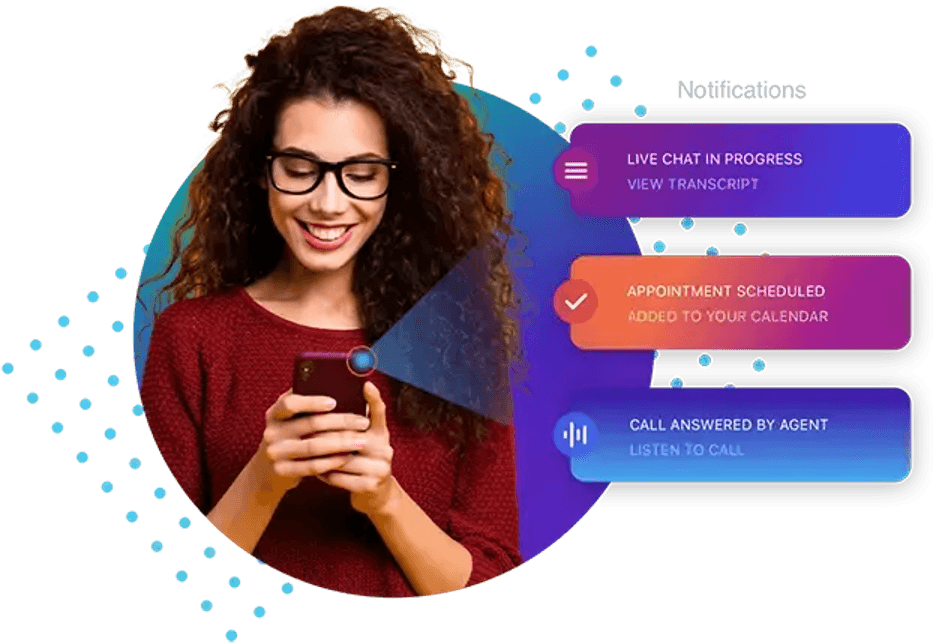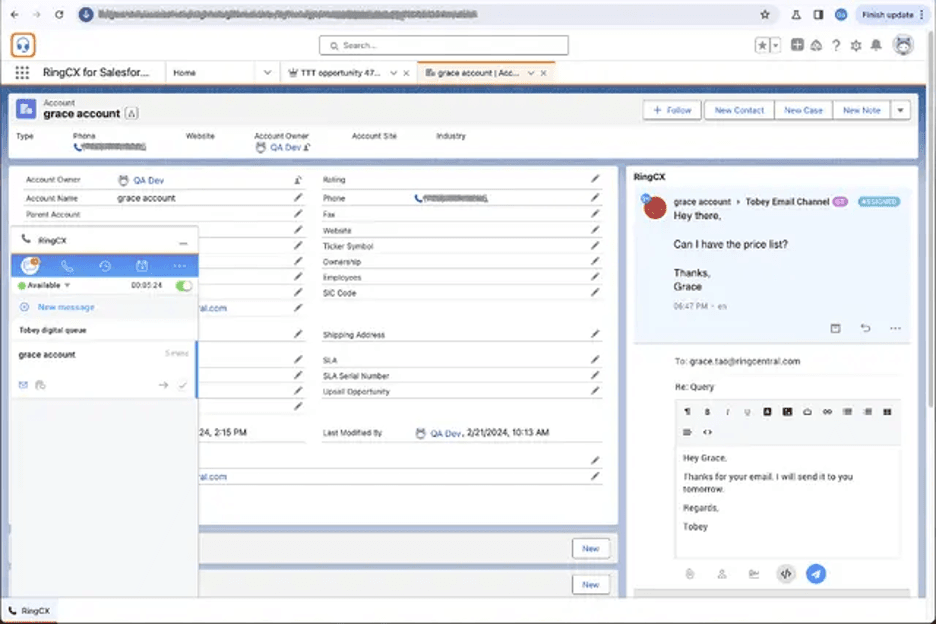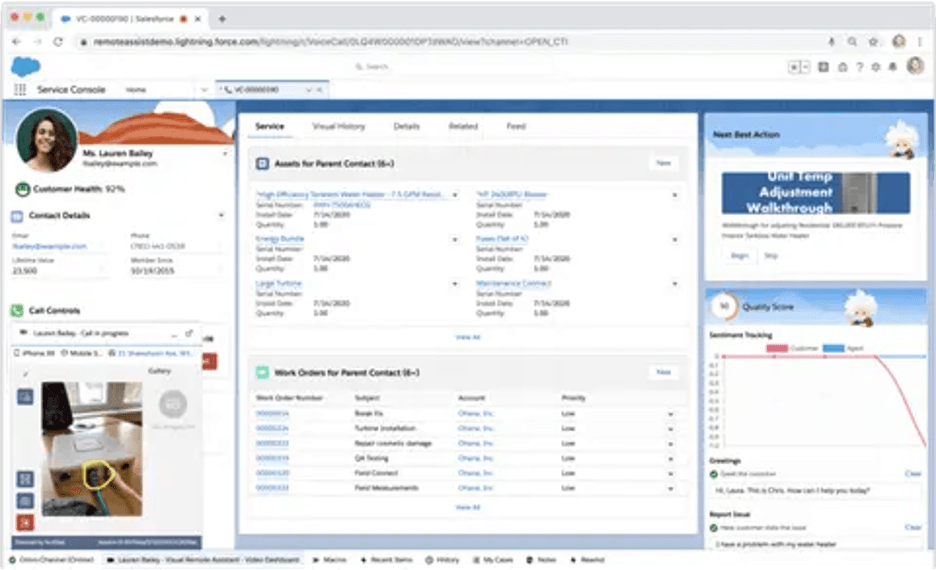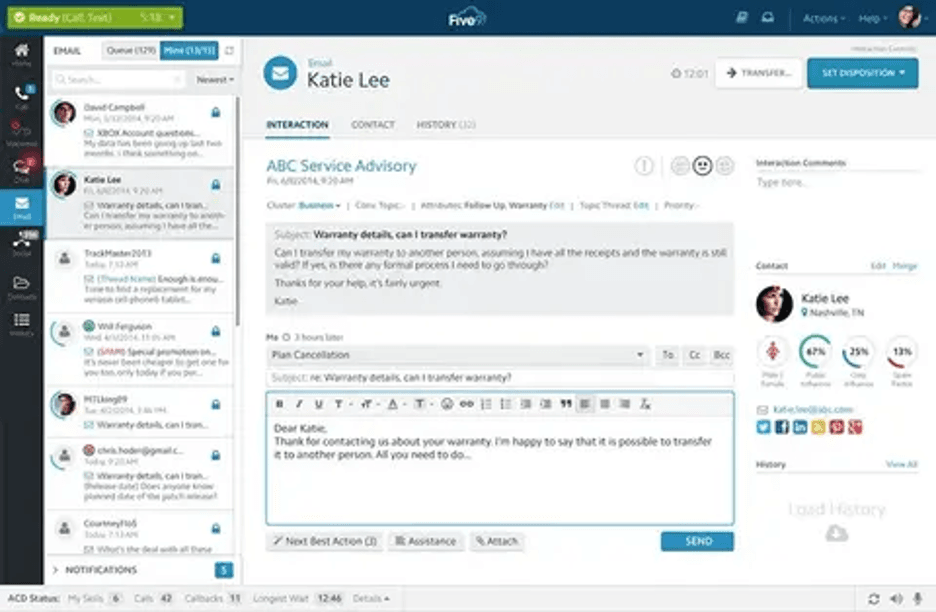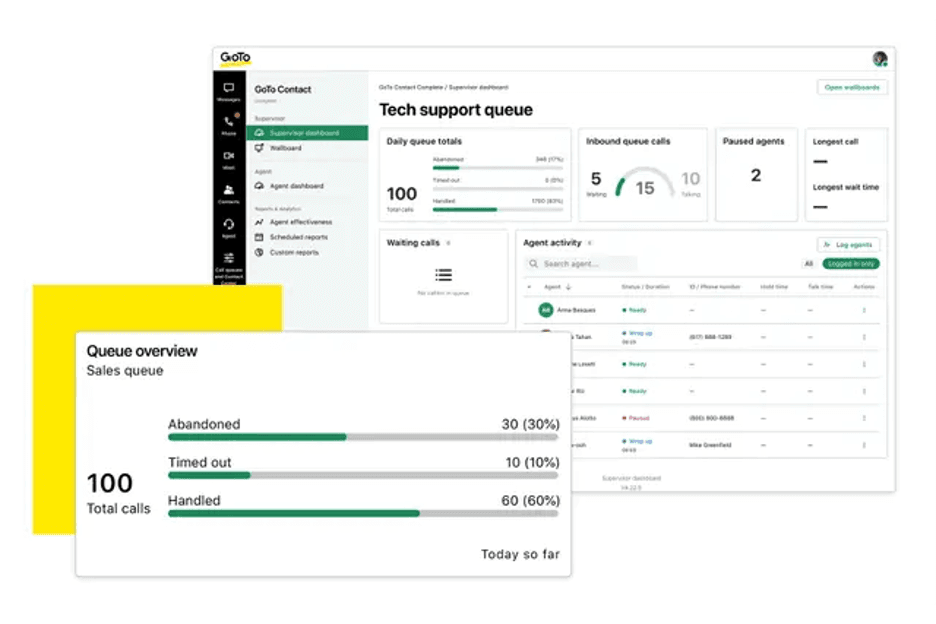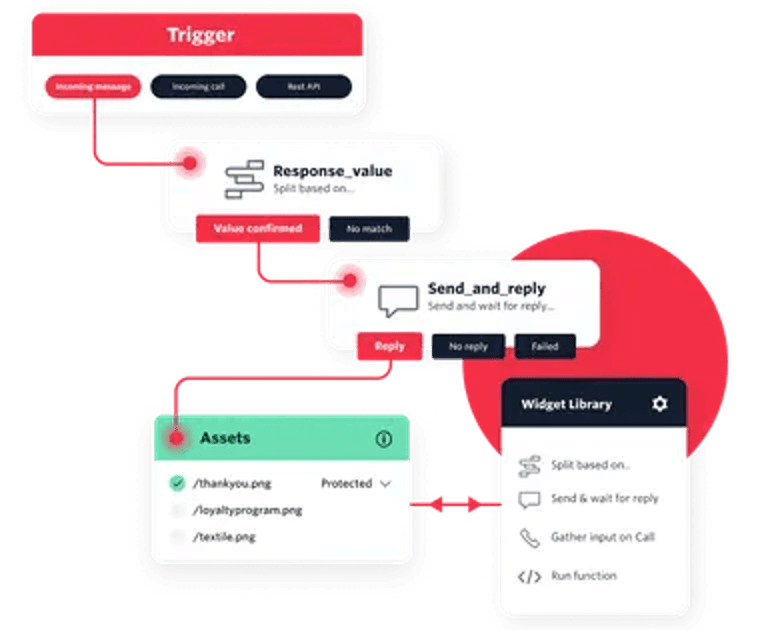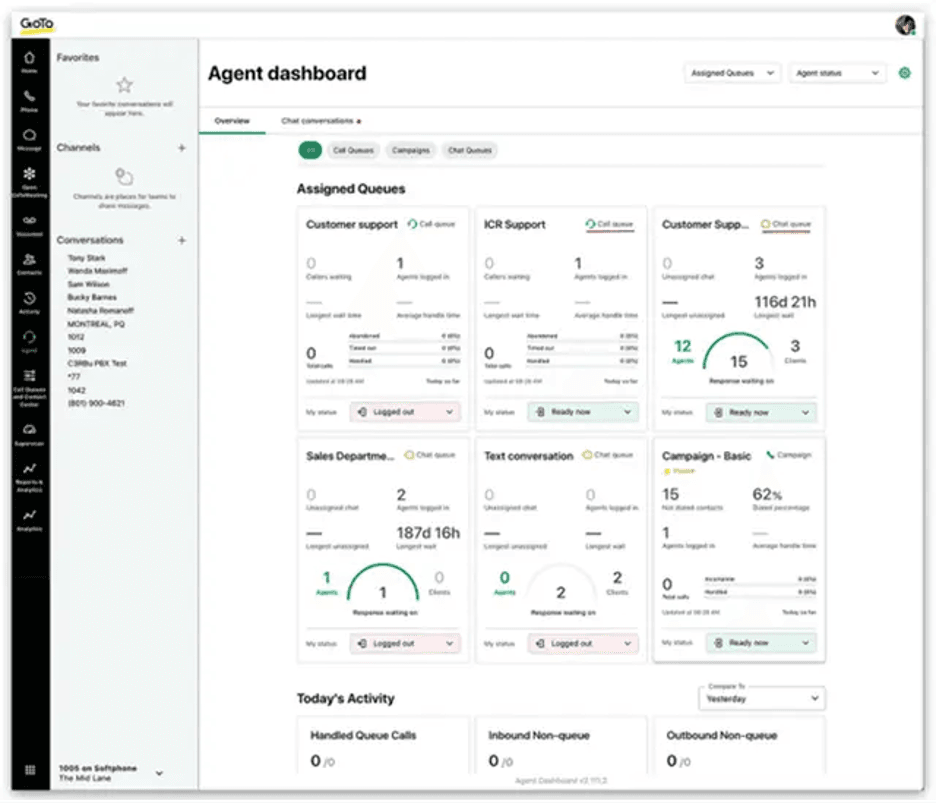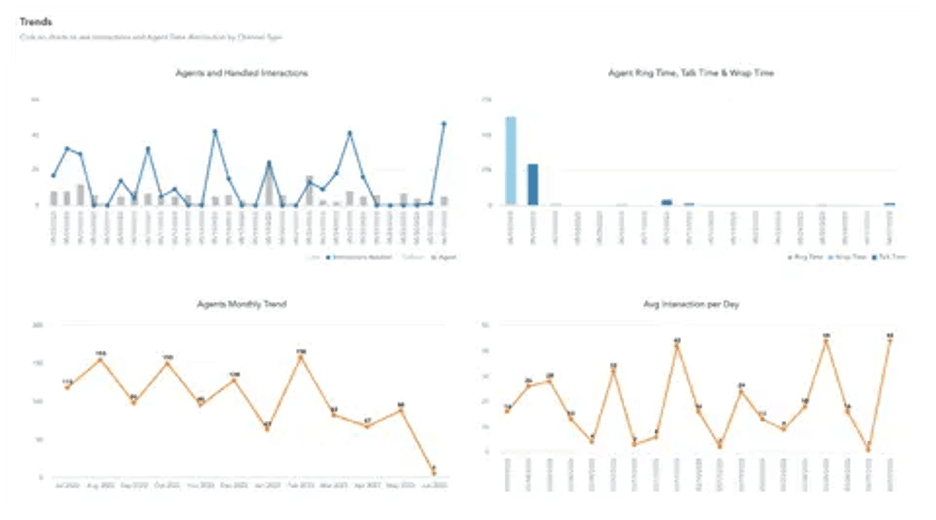If none of our best picks are the right fit for your business, consider the following contact center alternatives. Each provides an effective, reliable platform or service that facilitates customer communication.
Aircall: If your customers primarily call for phone-based support, Aircall is a good option for your business. Both inbound and outbound calls can be managed with ease through Aircall’s platform, which includes useful features like interactive voice response (IVR) trees, call monitoring tools and telemarketing campaign support. We also liked Aircall’s predictive dialer, which supports targeted campaigns to boost the likelihood of conversions. Aircall supports other channels as well, including text messaging. This solution also integrates with more than 100 other third-party business software, so you can easily expand its functionality as needed with some of the leading apps on the market.
AnswerConnect: Like Go Answer, AnswerConnect specializes in managing the customer service aspects of your business for you. So, if you’re not interested in building an in-house team, consider outsourcing with AnswerConnect. You can devise scripts and provide detailed information on your business so AnswerConnect’s agents deliver on-brand customer care for your customers. AnswerConnect also integrates with some of the best CRM software platforms, so you can access updated customer data and review interactions directly in the CRM system of your choice.
Convoso: Better known for dialer services than contact center software, Convoso offers a suite of omnichannel tools to support outbound communication across phone, email and SMS. This makes it far better suited for sales than customer service. Convoso’s features include customized agent scripts, skill-based call routing, automated dialing and extensively customizable dashboards. These can track KPIs by extracting data from reports and previous campaigns. An open API supports third-party applications like Salesforce, Shopify, Zapier and Zendesk. Its focus on calls is reflected in services like local caller ID, follow-the-sun dialing and answering machine detection.
8×8: A simple user interface is a key benefit of 8×8’s platform, with identical single panes visible to agents and supervisors. Supervisors can rely on a wealth of functionalities, such as template reports, which can be modified and scheduled to run at any point. Multiple plans are available to 8×8 clients, but only the X7 and X8 packages extend beyond voice calls into chat, email, SMS and social. Prices are competitive, though the relative simplicity of the unified web browser interface means 8×8 lacks some of the advanced tools we found in our review of other contact center software. However, the 8×8 platform does offer voicemail transcription, video conferencing for up to 500 participants and external dashboard displays for presentations. There’s also 24/7 tech support in 10 languages, available via email, phone and chat. Read our full 8×8 review for more information.








